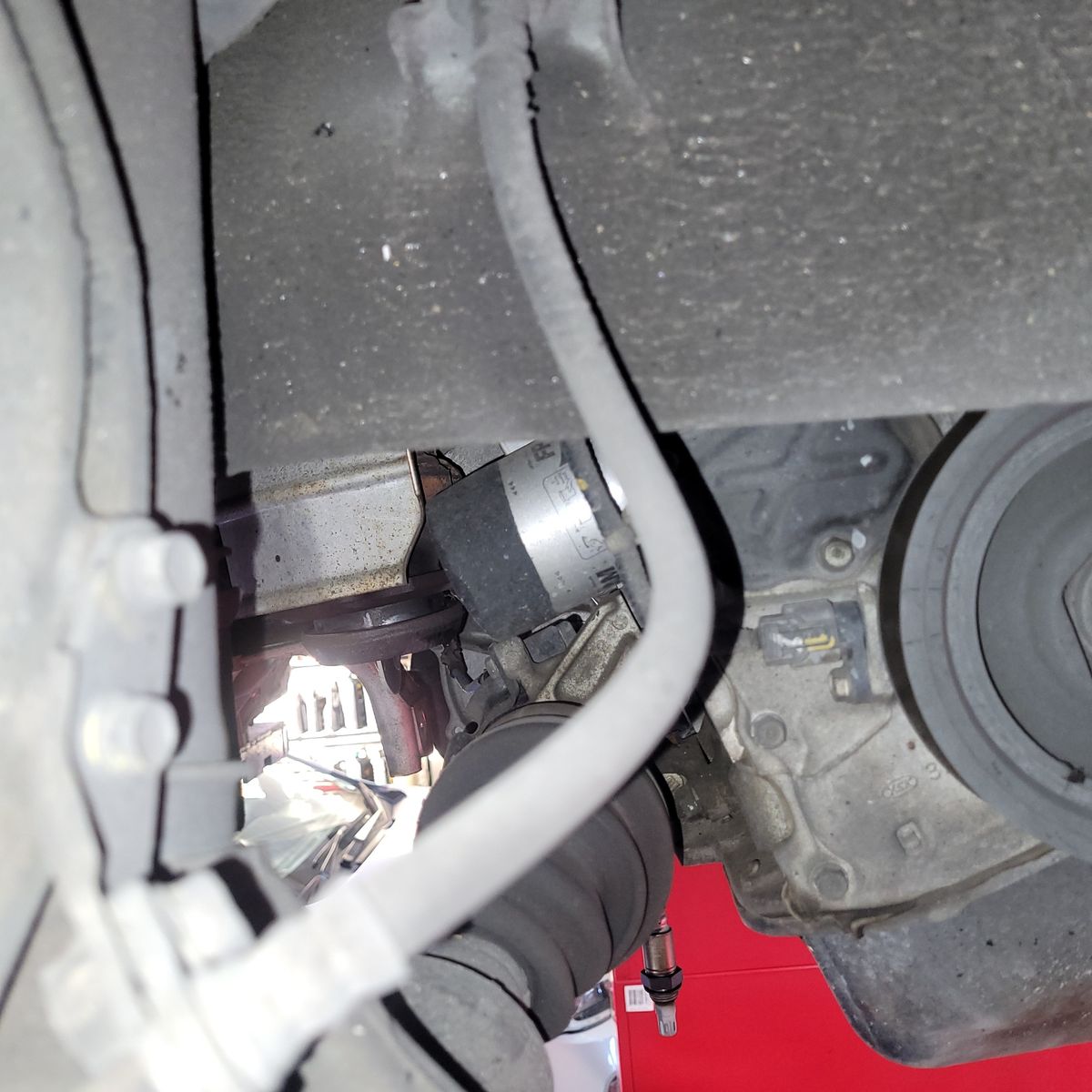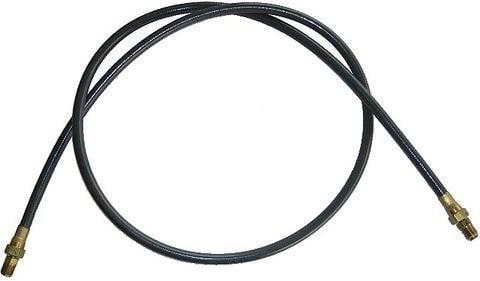About the brake hoses and lines:
Brake hoses are an important but often overlooked part of your car’s braking system. Their purpose is to transfer hydraulic brake fluid. This allows your brakes to function properly and safely bring your car to a stop.
When the brake pedal is pressed, pressurised fluid is transferred from the master cylinder to the brake calipers, which press down on the brake discs and allow your car to stop. This pressurised fluid travels to the calipers via the brake lines. If your brake lines fail to transfer fluid, your car will not be able to slow down. This can cause huge safety risks and affect the driveability of your car. Furthermore, problems with your braking system can lead to your car failing its Warrant of Fitness.
Brake Warrant of Fitness Requirements in New Zealand
When to replace the brake lines?
Brake lines and hoses do not have a recommended replacement schedule. This means that they generally won’t need to be replaced unless something goes wrong. However, the brake hoses and lines should be periodically examined for any signs of wear or damage. When examining the brake lines and hoses, you should keep an eye out for the following:
- Rust – Over time, brake fluid will absorb water. This can cause rust inside the brake lines, which causes them to corrode over time. For this reason, it is important to routinely change the brake fluid.
- Cracks and bulges – Damage from road debris, small impacts and age can lead to cracks and bulges forming on the brake lines or hoses. This can cause leaks to occur.
- If your car fails a Warrant of Fitness (WOF) for leaking, damaged, split or bulging brake lines or brake hoses then they will need to be replaced.
Symptoms of damaged brake lines or hoses:
- Brake warning light – The brake warning light will turn on when brake fluid levels drop below a certain level. It usually indicates a leak in your braking system which can be caused by brake line or hose damage.
- Visible brake fluid leaks – You may notice a puddle of fluid forming under your vehicle. This can be caused by leaking brake lines.
- Brake pedal feels “spongy” – A spongy brake pedal indicates that air has found its way into your braking system. This is caused by a loss of brake fluid, which is replaced by air.
- Increased stopping distance – When brake fluid gets dangerously low, your car will take longer than normal to stop. If you are having problems with your car stopping, get your brakes inspected as soon as possible.
Brake Line & Hose Replacement in Hamilton
Is your car in need of new brake lines or brake hoses? If so, we can help! At Grimmer Motors, our team of experienced mechanics can remove old, damaged or leaking brake hoses/lines. We can then replace them with new ones specifically sourced for your car. This will improve safety and stopping distance.
For brake line replacement in Hamilton, contact Grimmer Motors today!


